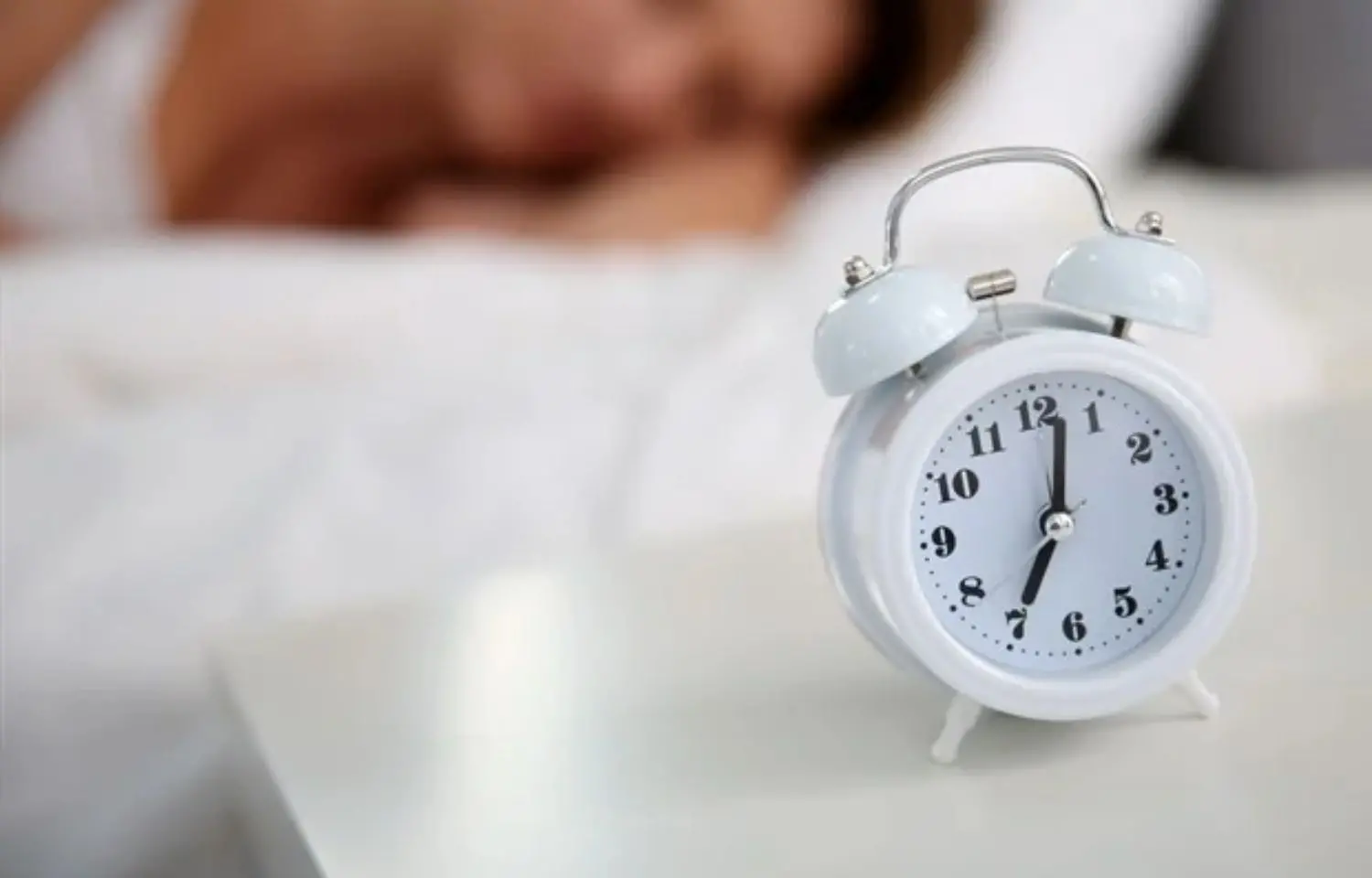- Home
- Medical news & Guidelines
- Anesthesiology
- Cardiology and CTVS
- Critical Care
- Dentistry
- Dermatology
- Diabetes and Endocrinology
- ENT
- Gastroenterology
- Medicine
- Nephrology
- Neurology
- Obstretics-Gynaecology
- Oncology
- Ophthalmology
- Orthopaedics
- Pediatrics-Neonatology
- Psychiatry
- Pulmonology
- Radiology
- Surgery
- Urology
- Laboratory Medicine
- Diet
- Nursing
- Paramedical
- Physiotherapy
- Health news
- Fact Check
- Bone Health Fact Check
- Brain Health Fact Check
- Cancer Related Fact Check
- Child Care Fact Check
- Dental and oral health fact check
- Diabetes and metabolic health fact check
- Diet and Nutrition Fact Check
- Eye and ENT Care Fact Check
- Fitness fact check
- Gut health fact check
- Heart health fact check
- Kidney health fact check
- Medical education fact check
- Men's health fact check
- Respiratory fact check
- Skin and hair care fact check
- Vaccine and Immunization fact check
- Women's health fact check
- AYUSH
- State News
- Andaman and Nicobar Islands
- Andhra Pradesh
- Arunachal Pradesh
- Assam
- Bihar
- Chandigarh
- Chattisgarh
- Dadra and Nagar Haveli
- Daman and Diu
- Delhi
- Goa
- Gujarat
- Haryana
- Himachal Pradesh
- Jammu & Kashmir
- Jharkhand
- Karnataka
- Kerala
- Ladakh
- Lakshadweep
- Madhya Pradesh
- Maharashtra
- Manipur
- Meghalaya
- Mizoram
- Nagaland
- Odisha
- Puducherry
- Punjab
- Rajasthan
- Sikkim
- Tamil Nadu
- Telangana
- Tripura
- Uttar Pradesh
- Uttrakhand
- West Bengal
- Medical Education
- Industry
Poor sleep tied to risk of life-threatening COPD flare-ups: Study

USA: Poor sleep quality may increase the risk of life-threatening exacerbations in people with chronic obstructive pulmonary disease (COPD), states an article published in the Sleep.
COPD, a chronic inflammatory lung disease that causes obstructed airflow from the lungs, affects more than 12% of the general population of the world. COPD flare-ups, also known as exacerbations may last for two days or even two weeks, depending on the severity of the symptoms, and are usually caused by a trigger such as air pollution or allergens, or a chest infection from a virus (cold or flu) or bacteria.
Poor sleep can weaken the immune system of a healthy person and make them more susceptible to colds and the flu, and this vulnerability can increase in people with COPD. Sleep is an important dimension in the care of COPD, but its relevance to exacerbations is unclear.
Aaron Baugh, University of California, USA, and his team of investigators tried to assess whether sleep quality as measured by the Pittsburgh Sleep Quality Index (PSQI) is associated with an increased risk of COPD exacerbations and does this differ by socio-environmental exposures.
Investigators included 1647 current and former smokers with spirometrically confirmed COPD from the SPIROMICS cohort for their study. They assessed incidence rate ratios for exacerbation using zero-inflated negative binomial regression adjusting for demographics, medical comorbidities, and multiple metrics of disease severity, including respiratory medications, airflow obstruction, and symptom burden.
They repeated models in those with complete data and after controlling for prior exacerbations for sensitivity analyses. For exploratory analysis, an interaction between socio-environmental conditions and sleep quality was considered.
Key findings are,
• After adjustment for all covariates, increasing PSQI scores (range 0–21) were associated with a 5% increased risk for exacerbation per point in the imputed dataset.
• Sensitivity analyses using complete cases and after controlling for prior exacerbation history were similar
• Exploratory analysis suggested less effect among those who lived in poor-quality neighborhoods.
The authors conclude that poor sleep is associated with higher risks of exacerbations in patients with COPD. All COPD patients should be assessed for their sleep quality and subjected to appropriate intervention if required.
The present study shows that sleep quality can predict future exacerbations, but the impact of improving sleep quality on COPD outcomes is unclear. Future studies that can look at the impact of interventions, whether at the individual or community level are needed, the authors suggested.
Reference:
Aaron Baugh, Russell G Buhr, Pedro Quibrera, Igor Barjaktarevic, R Graham Barr, Russell Bowler, Meilan King Han, Joel D Kaufman, Abigail L Koch, Jerry Krishnan, Wassim Labaki, Fernando J Martinez, Takudzwa Mkorombindo, Andrew Namen, Victor Ortega, Robert Paine, Stephen P Peters, Helena Schotland, Krishna Sundar, Michelle R Zeidler, Nadia N Hansel, Prescott G Woodruff, Neeta Thakur, Risk of COPD exacerbation is increased by poor sleep quality and modified by social adversity, Sleep, 2022;, zsac107, https://doi.org/10.1093/sleep/zsac107
BDS
Dr. Hiral patel (BDS) has completed BDS from Gujarat University, Baroda. She has worked in private dental steup for 8years and is currently a consulting general dentist in mumbai. She has recently completed her advanced PG diploma in clinical research and pharmacovigilance. She is passionate about writing and loves to read, analyses and write informative medical content for readers. She can be contacted at editorial@medicaldialogues.in.
Dr Kamal Kant Kohli-MBBS, DTCD- a chest specialist with more than 30 years of practice and a flair for writing clinical articles, Dr Kamal Kant Kohli joined Medical Dialogues as a Chief Editor of Medical News. Besides writing articles, as an editor, he proofreads and verifies all the medical content published on Medical Dialogues including those coming from journals, studies,medical conferences,guidelines etc. Email: drkohli@medicaldialogues.in. Contact no. 011-43720751


